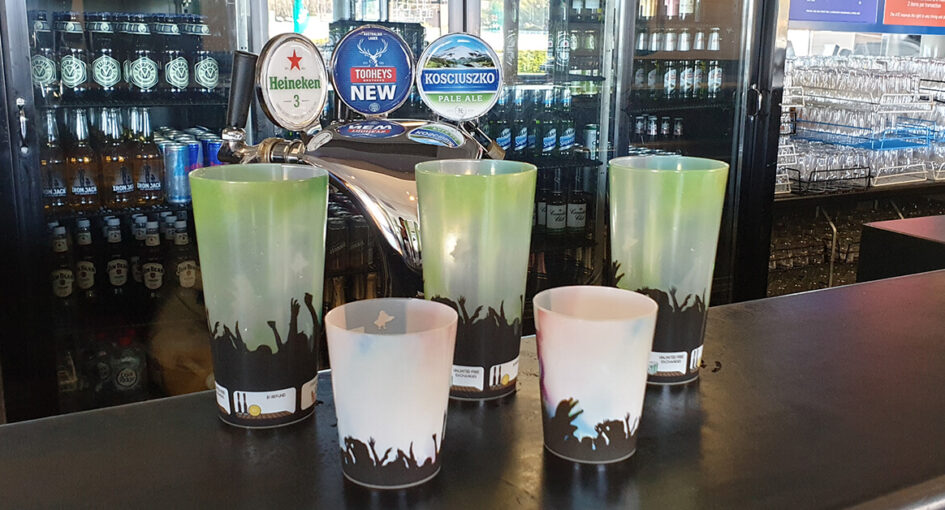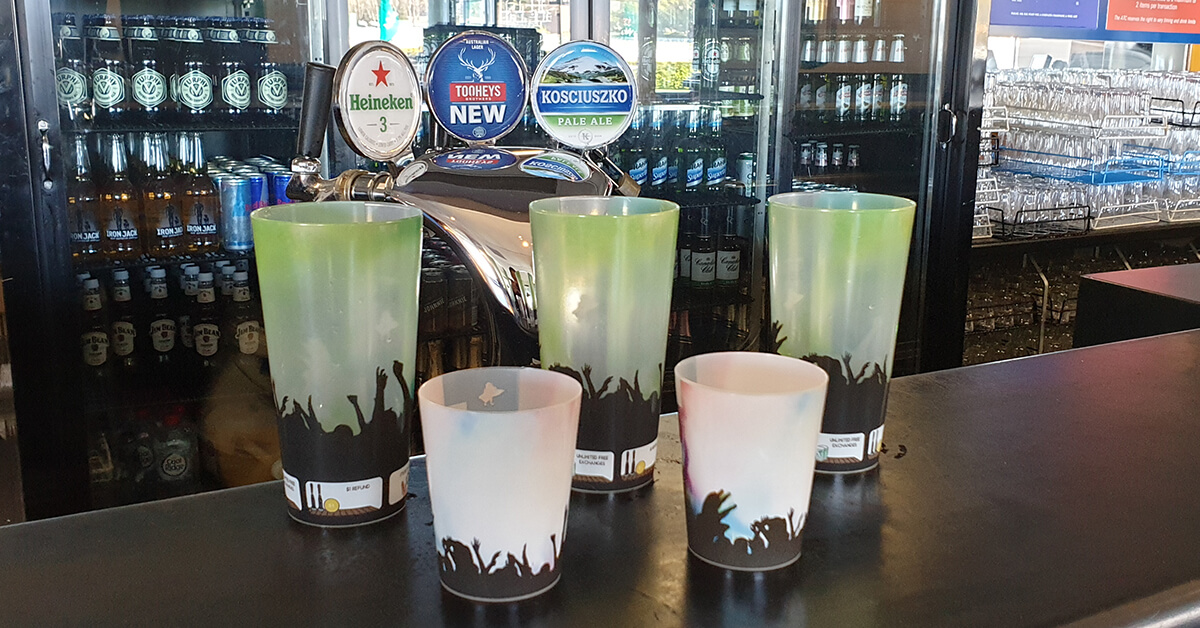

Written by Katherine Martinko
Thursday, October 3rd, 2019
As anti-plastic sentiment has grown in recent years, many corporations and retailers have responded by making grandiose promises of improved sustainability. They promise to reduce waste by replacing packaging with biodegradable or compostable plastics, switching from plastic to paper products, and embracing ‘advanced’ chemical recycling methods.
While these promises may sound good, a new report by Greenpeace USA explains they’re not, and amount to little more than greenwashing. Titled “Throwing Away the Future: How Companies Still Have It Wrong on Plastic Pollution ‘Solutions’,” the report tells consumers to “be skeptical of the so-called solutions announced by multinational corporations to tackle the plastic pollution crisis.”
As the report explains, recent research has shown that biodegradable and compostable plastics are not much better than conventional ones, failing to degrade sufficiently and continuing to cause harm to the natural environment. The switch to paper-based packaging over plastic may be better in some regards, but still drives deforestation when we need to be preserving the world’s dwindling forests more than ever. The emphasis on recycling as a solution to plastic waste is similarly shortsighted. From the report:
“Recycling systems cannot keep up with the huge volume of plastic waste generated. Even in Germany, which has one of the highest recycling rates in the world based on collection, more than 60% of all plastic waste is burned, and only 38% recycled.”
Relatively little is understood about chemical recycling, which is the dissolution of plastic polymers using chemical solvents or thermal depolymerization. These processes result in a downgraded form of plastic (which will eventually go to waste anyway) and generates potentially hazardous byproducts. The industry is largely unregulated, energy intensive, and not transparent at all. It is an example of focusing only on end-of-life strategies, while ignoring the human health and environmental consequences of the entire plastic life cycle.
The Greenpeace USA report wants consumers to understand that these kinds of promises are a form of greenwashing. What we need far more is a 180-degree shift in the way products are packaged:
“There is no way the planet can sustain additional demand from companies attempting to substitute their single-use plastic packaging with paper or cardboard; companies must commit to overall reduction of packaging and shift to alternative delivery systems like reuse and refill.”
This is far harder to implement than simply replacing one form of throwaway packaging with another. This requires real innovation, shifts in consumer behavior, and new infrastructure. But it’s also the only way forward. With 12 million metric tons of plastic estimated to be in our natural environments by 2050, there’s no time to waste in making real change, not offering false hope.
Originally published by Tree Hugger.